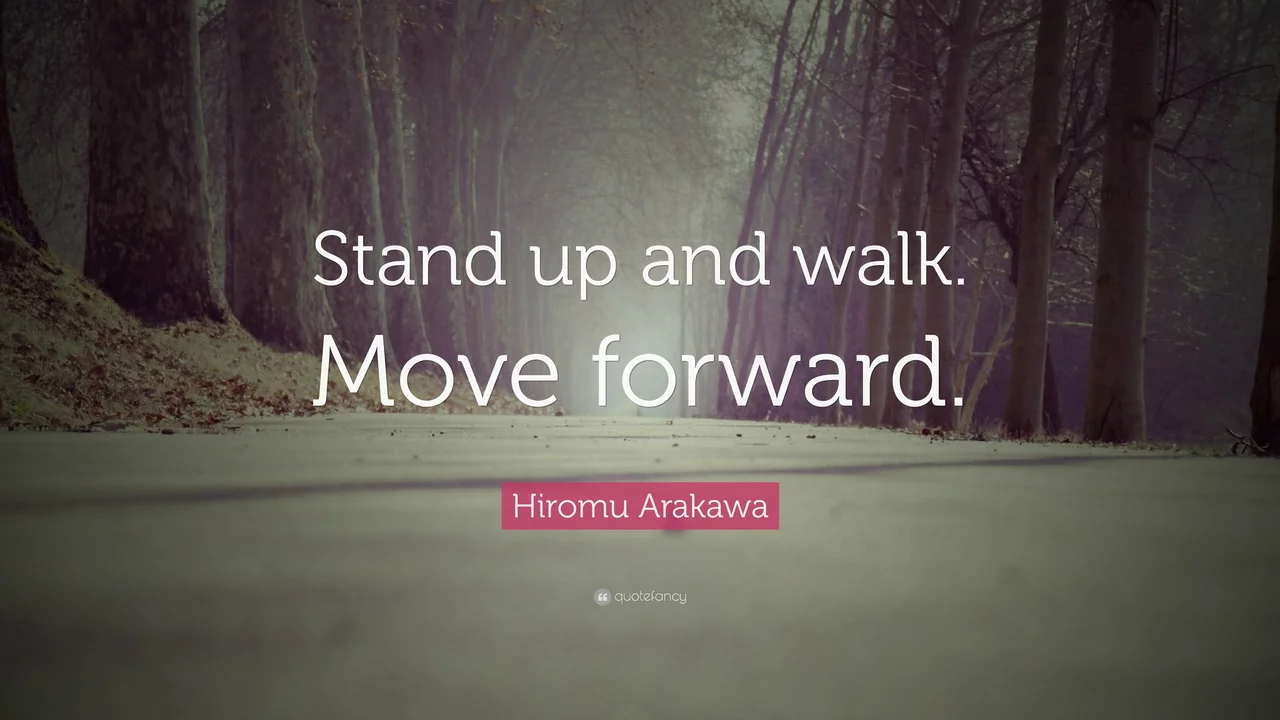Understanding Dorzolamide: An Overview
Dorzolamide is a prescription medication that is commonly used to treat high pressure within the eyes, a condition known as ocular hypertension. This pressure can be caused by various factors, including an overproduction of fluid within the eye or problems with the eye's drainage system. By reducing the amount of fluid produced, dorzolamide can help to lower the pressure and prevent damage to the optic nerve, which could potentially lead to vision loss or even blindness.
In this article, we will explore the long-term use of dorzolamide, what patients can expect when taking this medication, and any potential concerns or side effects that may arise. By understanding these aspects, patients can make informed decisions about their treatment and take an active role in managing their ocular hypertension.
How Dorzolamide Works
Dorzolamide belongs to a class of medications known as carbonic anhydrase inhibitors. These medications work by blocking the action of a specific enzyme called carbonic anhydrase, which is responsible for the production of fluid within the eye. By inhibiting this enzyme's activity, dorzolamide effectively reduces the amount of fluid produced, thereby lowering the pressure within the eye.
It is important to note that dorzolamide is not a cure for ocular hypertension, but rather a management tool that can help to prevent further damage. Patients must continue to use the medication as directed by their healthcare provider to maintain its effectiveness and keep their eye pressure under control.
Long-term Use of Dorzolamide: What to Expect
When beginning a course of treatment with dorzolamide, patients can expect some initial side effects that may be uncomfortable but are generally not harmful. These can include burning or stinging upon application, eye redness, or blurred vision. Most of these side effects should subside as the patient's body adjusts to the medication.
Over time, patients can expect a reduction in their intraocular pressure, which should be monitored regularly by their healthcare provider to ensure that the medication is working effectively. Most patients will need to use dorzolamide long-term to maintain the benefits and keep their eye pressure under control.
Potential Concerns with Long-term Use of Dorzolamide
Side Effects
As with any medication, there are potential side effects associated with the long-term use of dorzolamide. While many patients tolerate the medication well and do not experience significant side effects, others may have more severe reactions. Some potential side effects of long-term dorzolamide use include:
- Eye irritation or discomfort
- Blurred vision
- Dry eyes
- Increased sensitivity to light
- Swelling or redness of the eyelids
- Taste changes
- Headaches
If any of these side effects become severe or persistent, patients should consult their healthcare provider for guidance and potential adjustments to their treatment plan.
Interactions with Other Medications
Another potential concern with the long-term use of dorzolamide is the possibility of interactions with other medications. Patients should always inform their healthcare provider of all medications they are currently taking, including prescription drugs, over-the-counter medications, and supplements. Some medications that may interact with dorzolamide include:
- Other carbonic anhydrase inhibitors, such as acetazolamide or methazolamide
- High-dose aspirin
- Certain diuretics, such as furosemide or hydrochlorothiazide
By being aware of potential interactions, patients can work with their healthcare provider to minimize any risks and ensure the safe and effective use of dorzolamide.
Contraindications and Precautions
There are certain situations in which the use of dorzolamide may not be advised or should be used with caution. Patients with a known allergy to dorzolamide or any of its components should not use the medication. Additionally, patients with severe kidney disease or a history of kidney stones should inform their healthcare provider before starting dorzolamide, as the medication may not be appropriate for them.
Pregnant or breastfeeding patients should also consult their healthcare provider before using dorzolamide, as the potential risks to the developing baby or nursing infant are not fully understood.
Managing Long-term Use of Dorzolamide
To ensure the long-term success of dorzolamide treatment, patients should follow their healthcare provider's instructions carefully and maintain regular appointments to monitor their eye pressure. It is also essential to practice good eye hygiene, such as washing hands before applying the medication and avoiding touching the dropper tip to any surfaces to prevent contamination and infection.
By being proactive in their treatment and staying informed about potential concerns, patients can effectively manage their ocular hypertension with dorzolamide and maintain their eye health for years to come.


Hi, I'm Caden Lockhart, a pharmaceutical expert with years of experience in the industry. My passion lies in researching and developing new medications, as well as educating others about their proper use and potential side effects. I enjoy writing articles on various diseases, health supplements, and the latest treatment options available. In my free time, I love going on hikes, perusing scientific journals, and capturing the world through my lens. Through my work, I strive to make a positive impact on patients' lives and contribute to the advancement of medical science.